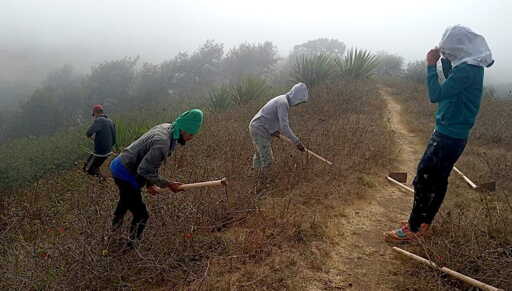The interlinked planetary crises of climate change, pollution, and biodiversity loss are losing significant ground in the global political agenda. From the ground, it seems as though even environmental discourse and momentum are weakening, as urgent geopolitical and economic priorities push concrete action to the margins. Overseas development aid and conservation finance is shrinking, often creating conflict between actors, and the North–South divide is widening. Conflicts, shifting power balances, and unsustainable development models in megadiverse countries continue to erode ecosystems at alarming speed. Efforts to construct market mechanisms for biodiversity, such as access and benefit-sharing (ABS) under the Convention on Biological Diversity, have largely failed to deliver. After three decades of negotiations, frameworks like the Nagoya Protocol have generated enormous transaction costs but little tangible progress for biodiversity or justice. Confusion persists, entrenched political positions stall progress, and communities remain sidelined in processes that were meant to empower them. Likewise, ecotourism — once heralded as a win-win — often produces limited benefits when poorly designed, sometimes intensifying tensions with local people. Both ABS and ecotourism highlight the pitfalls of overreliance on market instruments to deliver justice and conservation at scale. In many megadiverse regions, the major components of biodiversity are found in rural landscapes, where they are managed and stewarded by local communities. Yet these very communities are under immense strain. Climate change, exploitative land regimes, the absence of meaningful employment opportunities, and lack of adequate public services are driving a rural exodus that is becoming increasingly difficult to halt…This article was originally published on Mongabay
From Conservation news via this RSS feed


